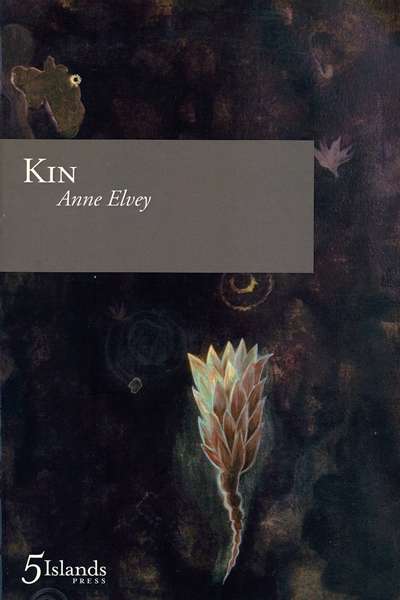Accessibility Tools
- Content scaling 100%
- Font size 100%
- Line height 100%
- Letter spacing 100%
Australian Poetry
Feel it even now: such stillness
and yet – there
they are, again:
lights in blue
air, daylight
The pots are still dropped and pulled at 4 am,
but no-one fishes near seal rock for weeks, out where the shadows
of sharks and seals are interchangeable.
in the presence of a photo of
your mother, aged twenty three
her hands folded and covered in glitter
her hair long and black







